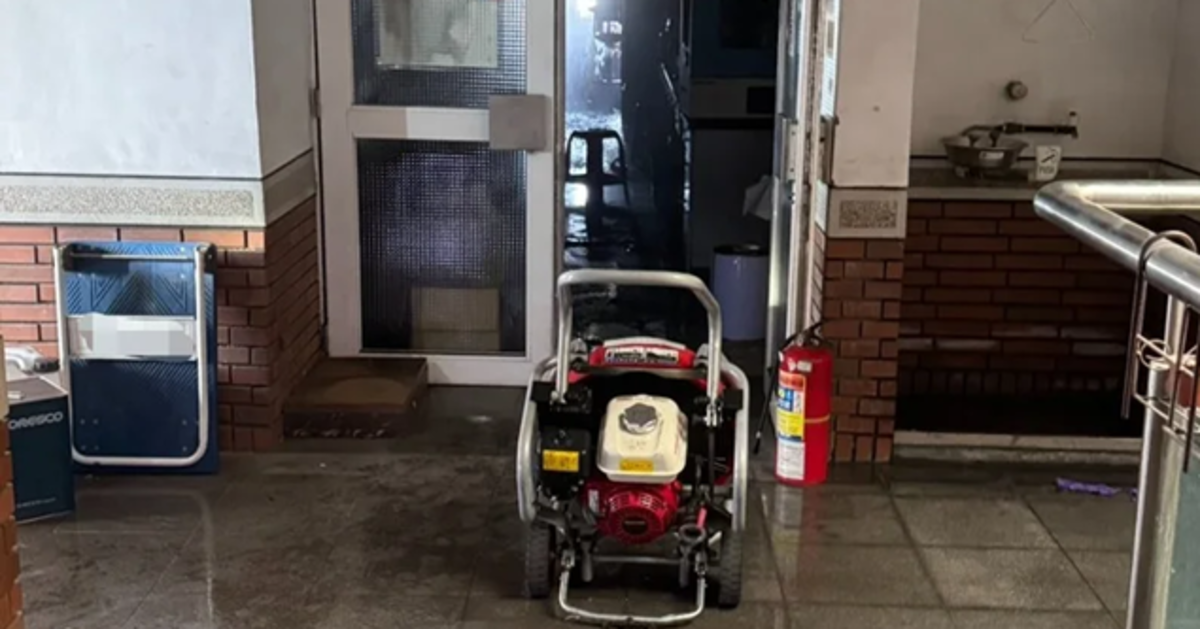September 1, 2025 | Tainan
A laboratory mishap at the Ziqiang Campus of National Cheng Kung University (NCKU) on Monday afternoon left two graduate students with burn injuries after metallic sodium reportedly reacted violently with water during an experiment.
According to the Tainan City Fire Department, the incident occurred around 2 p.m. in the Department of Chemical Engineering. When the sodium came into contact with water, it triggered a chemical reaction that caused a small explosion and smoke, but no open flames.
Injuries and Response
Authorities said both injured students are 22 years old — a male surnamed Wu and a female surnamed Li. Wu sustained first-degree burns to his face and forearms, while Li suffered burns on her face and hands. Both remained conscious as they were rushed to NCKU Hospital for treatment.
The Fire Department received the report at 2:37 p.m. and deployed eight vehicles with 16 personnel, categorizing the case as an “environmental accident involving chemical substances.” Crews arrived at the scene within 12 minutes. The fire alarm system had been activated, though no visible flames were observed upon arrival. The affected laboratory, located in a 12-story reinforced concrete building with one basement level, sustained burn damage covering approximately three square meters of an exhaust cabinet.
The fire was declared extinguished by 3:07 p.m., and a fire investigation has been launched. The financial impact is still being assessed.
University Statement
NCKU confirmed that the accident occurred during an organic solvent dehydration experiment using metallic sodium to absorb water. The school clarified that one of the injured students is a first-year master’s student in chemical engineering, while the other is a visiting student from National Chung Cheng University.
The university’s campus security and environmental safety teams immediately responded, assisting with medical care and securing the site.
Given the hazards associated with metallic sodium, NCKU announced that future experiments will no longer use the substance for dehydration. Faculty members are now seeking alternative methods to ensure student safety. The university also pledged to closely monitor the recovery of the injured students.



